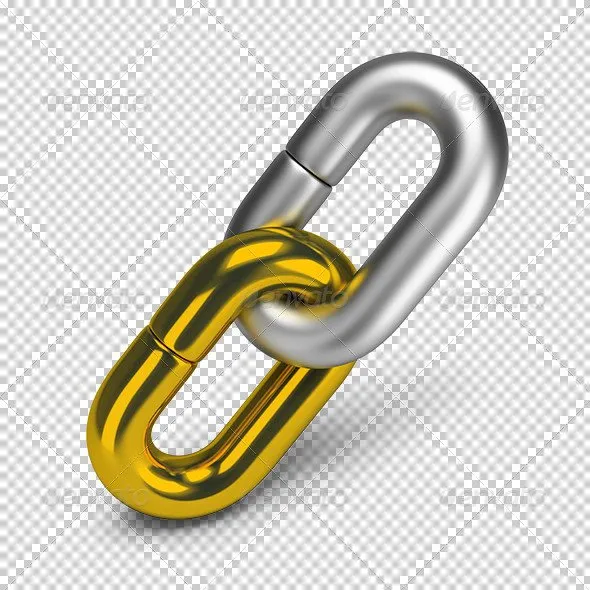They say humans are evolutionarily conditioned to follow, except for a very small minority which deviates from the norm and is preconditioned to lead. This creates a hierarchy which constitutes a natural order but inevitably followers are unsatisfied with their social position and want to rise to the top.
So we see people like you and me working our asses off to get on top in life, but often it seems like we are just burning our tires and not getting anywhere.
Think about it, how often do you work all day and have nothing to show for at the end of the day?
Good days
It seems like i have worked tirelessly for the last couple of years yet i have nothing to show for it. Nevertheless every now and then i have a day when all things i touch seem to fall in line. My work seems so simple and easy, nothing goes wrong and it feels more like i am playing than working. In the end of the day it seems like i have achieved so much that it is like a miracle.
I bet most people reading this can relate.
If we could all be so productive every day we could downright build Rome in 1 week… or could we?
I have observed that the effort i put into those ultra-productive days is no higher and no lower than the effort i put into the least productive days. The amount of work i do is absolutely the same. It is not even necessary that i am more focused on the ‘’good’’ days, it really only depends on two things:
- How many ‘’blocks’’ i have created earlier
- How suited are the tasks to my skills
You probably know what i mean with no.1 if you are familiar with object oriented programing. Consider any task you have is made up from several smaller tasks - blocks. You can do a few of these ‘’blocks’’ on day 1 and you don’t really have anything to show for it. You do a few more of these blocks on day 2 and you still don’t really have anything to show for it. On day 3 you do only one task - joining all prior tasks together - and you have a lot to show for because everything came together.
Let me give you an example in writing for STEEMIT: on day 1 i think about the possible thematics i could write about, check how those thematics have ranked on STEEMIT in the past and then filter out those which are unlikely to succeed; on day 2 i make a list of possible headings i could make and create premises with ‘do not forget to include’ points; by now i have spent 2 days of my free time and i literally have nothing to show (ok, maybe a list with 5 points on it) but on day 3 it all comes together as i can write 1000 words in under 2 hours.
The point no. 2 considers my knowledge and experience in relation to how i can apply them to a given task. If i am not well suited to some blocks of the task i might outsource them. Or spend an hour or two learning it before i start doing it. All in the name of completing the task faster and with spending less energy.
Bad days
Then there are the bad days when i run around like a headless chicken, work on everything (un)humanly possible and at the end of the day my ‘to-do’ list is just as long (if not even longer) than it was at the start of the day. Often i look back on a day like that and can’t understand how nothing got (seemingly) done.
But upon a deeper reflection there is a trend - i don’t know what exactly to do. Thus a lot of time and energy is spent on trying to figure out what to do and which things to do first. Making decisions is what consumes most of the time and energy, and as ‘decisions’ are not something visible/tangible thus despite all that time and effort i have seemingly not accomplished anything.
Conclusion?
From the dichotomy between the good days and the bad days i gather that making decisions is vitally important for doing things fast and effective, yet while it leads to good days it gives a feeling of not getting anything done. I could argue that this is a consequence of the ‘i want it now’ mentality we were raised in (and still live in it) the issue stems from much further back - the tribal times.
See, like we say that corporate leaders and government leaders get huge paychecks for no work, the common people claimed the same back in the middle ages. In the Roman times misunderstandings (on both sides) between the vulgars and the plebeians were no different. And no matter how far back in the recorded history we go, this duality remains the same. One side sees only ‘’work’’ as being worth anything and the other side sees only ‘’decisions’’ as being worth much.

(A single chain link does not create a chain does it?)
But the reality is that one without the other brings us absolutely nowhere. This is why anyone who ever wanted to climb high in life had to embrace both - a lot of hard decision making and a lot of hard work.
Now, can we get over this ‘Work vs. Decision’ and ‘Idea vs. Execution’ supremacy mentalities?